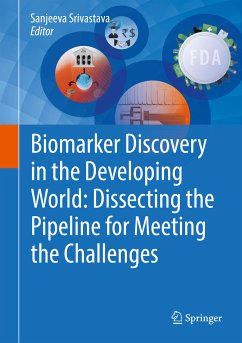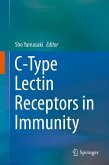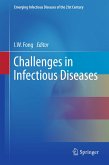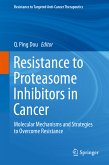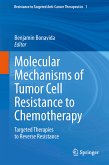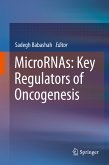This book is oriented towards post-graduates and researchers with interest in proteomics and its applications in clinical biomarker discovery pipeline. Biomarker discovery has long been the research focus of many life scientists globally. However, the pipeline starting from discovery to validation to regulation as a diagnostic or therapeutic molecule follows a complex trajectory. This book aims to provide an in-depth synopsis on each of these developmental phases attendant to biomarker "life cycle" with emphasis on the emerging and significant role of proteomics. The book begins with a perspective on the role of biorepositories and need for biobanking practices in the developing world. The next chapter focuses on disease heterogeneity in context to geographical bias towards susceptibility to the disease and the role of multi-omics techniques to devise disruptive innovations towards biomarker discovery. Chapter 3 focuses on various omics-based platforms that are currently being usedfor biomarker discovery, their principles and workflow. Mass spectrometry is emerging as a powerful technology for discovery based studies and targeted validation. Chapter 4 aims at providing a glimpse of the basic workflow and considerations in mass spectrometry based studies. Rapid and aptly targeted research funding has often been deemed as one of the decisive factors enabling excellent science and path breaking innovations. With theneed for sophistication required in multi-omics research, Chapter 5 focuses on innovative funding strategies such as crowdfunding and Angel philanthropy. Chapter 6 provides the latest advances in education innovation, the premise and reality of bioeconomy especially in a specific context of the developing world, not to mention the new concept of "social innovation" to link biomarkers with socially responsible and sustainable applications. Chapter 7, in ways similar to biomarkers, discusses the biosimilars as a field that has received much focus and prominence recently due to their immense potential in clinical and pharmaceutical innovation literatures. The broader goal post-biomarker discovery is to translate their use in clinics. However, the road from bench-to-bed side is arduous and complex that is subject to oversight from various national and international regulatory bodies. Chapter 8 underscores these regulatory science considerations and provides a concise overview on intellectual property rights in biomarker discovery. Thus, this book contributed by eminent biomarker scientists, clinicians, translational researchers and social scientists holistically covers the various facets of the biomarker discovery journey from "cell to society" in developing world. The lessons learned and highlighted here are of interest to the life sciences community in a global and interdependent world.
Dieser Download kann aus rechtlichen Gründen nur mit Rechnungsadresse in A, B, BG, CY, CZ, D, DK, EW, E, FIN, F, GR, HR, H, IRL, I, LT, L, LR, M, NL, PL, P, R, S, SLO, SK ausgeliefert werden.

